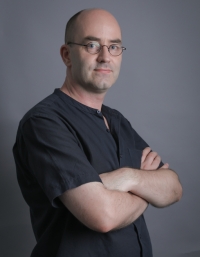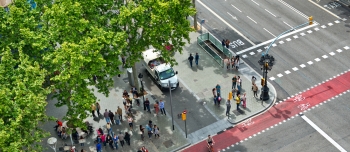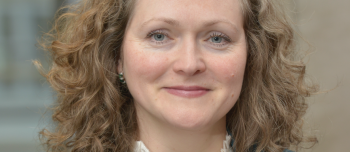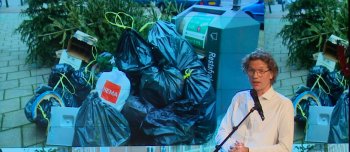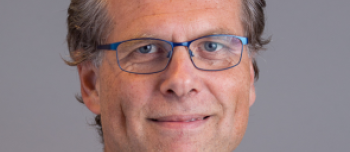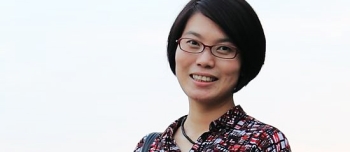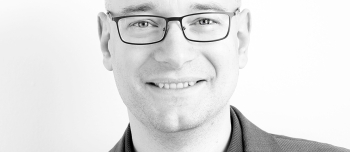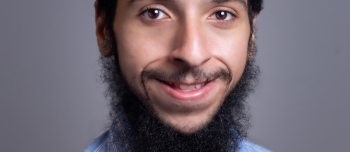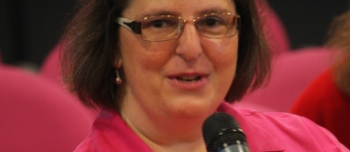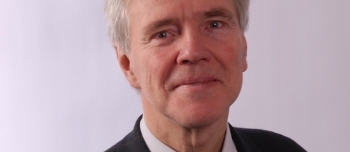CLOSER CITIES aims to create a bridge between urban science and urban practice. By collecting cases on urban practice, analysing them on the shoulders of urban science and sharing research outcomes, urban knowledge becomes shareable. In the ‘5 questions’ series, we ask scientists to briefly reflect on their research and the shareability of their insights and projects.
1. What is the main focus of your research (topic, theme, region)?
My main research focus is on new town development, urban-rural transition, urban regeneration, and waterfronts transformation. Most research takes place in Shanghai and the wider Yangtze Delta Region. There are several publications in high-ranking journals and books.
2. Can you give a brief description of your research?
My research is mainly about the cause and consequences of the extreme rapid and large-scale urban transitions in China, more specific in Shanghai, and how this works out in daily life: How to make new towns and new neighborhoods into livable and sustainable communities, and how can the city (Shanghai) as a whole develop itself in 'harmony' with it's vulnerable location in the estuary of the Yangtze River Delta instead of conflicting with existing natural values and agricultural prosperity; and how can it simultaneously prepare itself and be resilient against the negative influences of climate change and other new threats. https://scholar.google.com/citations?user=PupkJGgAAAAJ&hl=en https://urbanlanguage.org/
3. How much influence does ‘local context’ have in your field of work? Can results or solutions from your research be shared with other regions easily?
Most of my research is related to Shanghai, which is a unique metropolis with unique conditions. The local context here is very specific and unique: the urban landscape, urban governance, and the present social-economic dynamics. It's unavoidable to be influenced by the local context here. Results can be shared, mainly in China, but also outside of China. But these results need to be translated and adjusted to their local context elsewhere.
4. What are the main lessons learned that can be used by urban initiatives?
Lessons can be learned but need to be seen in their specific context.
5. How do you think cities can implement these lessons?
Each place on earth deserves a tailor-made solution. Lessons usually cannot be copied 1:1.
